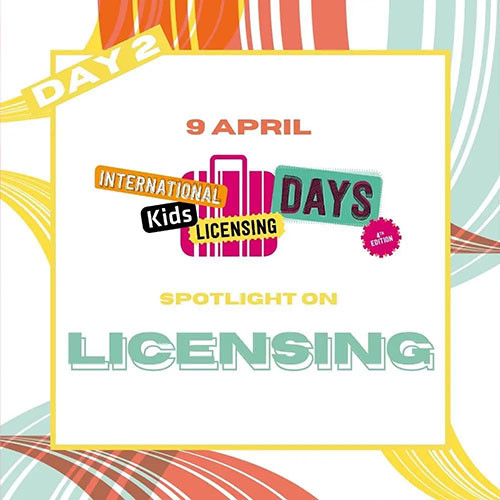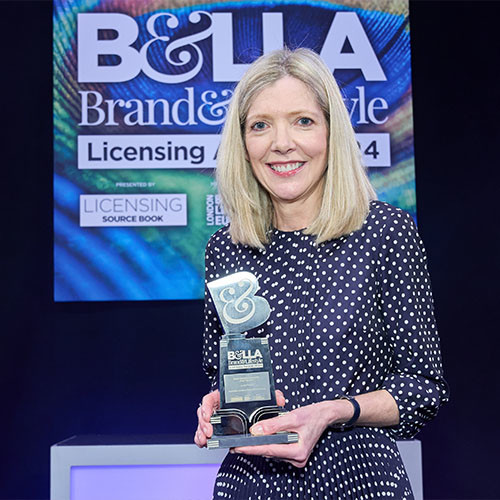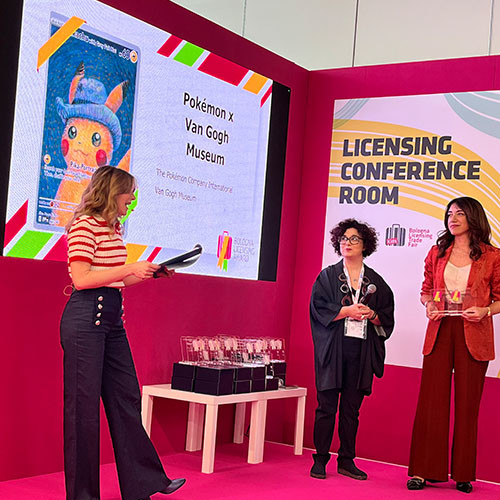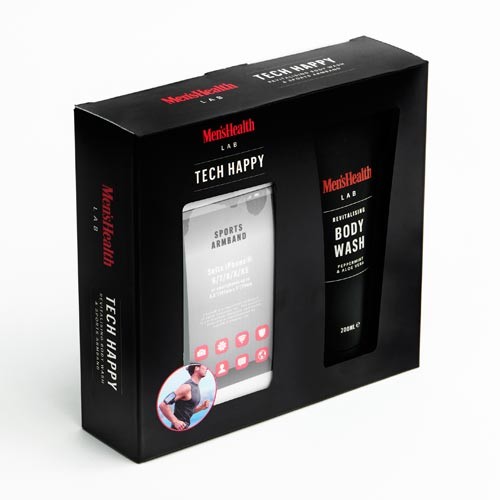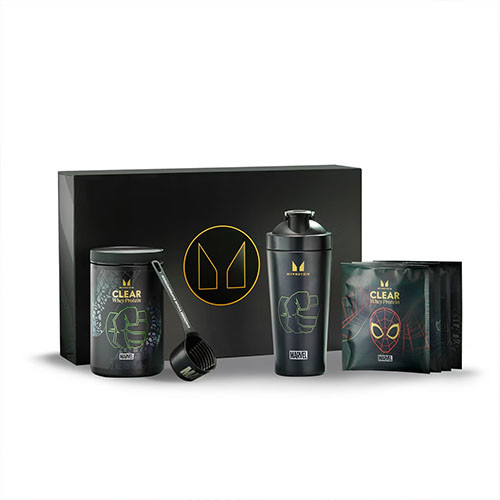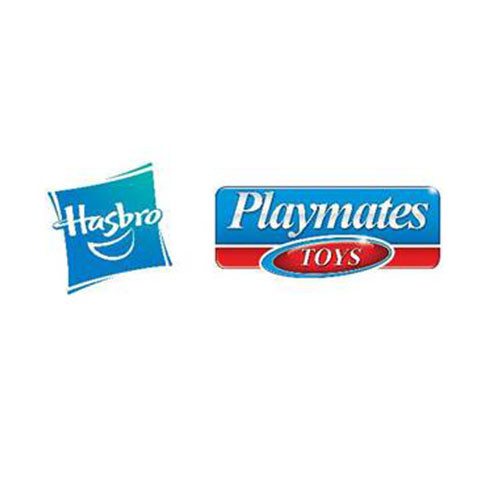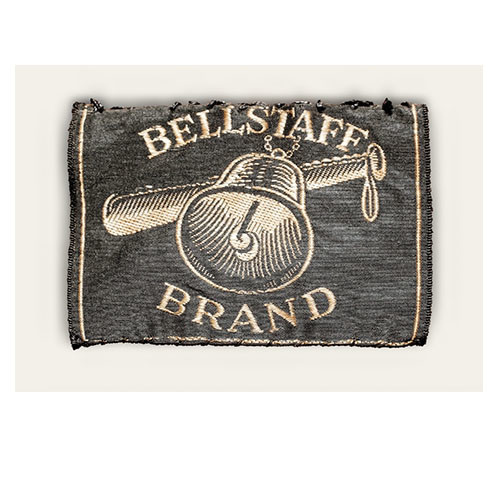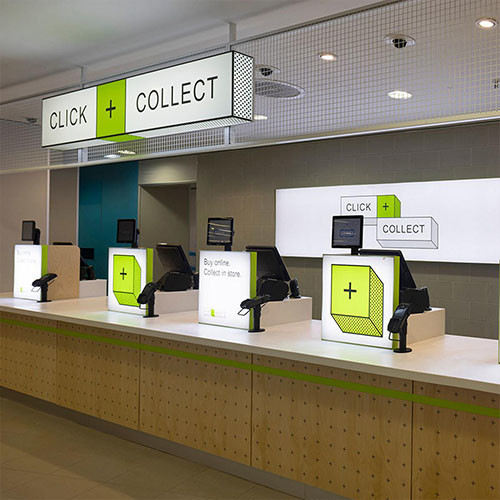Ian Lambert from IP specialist Wynne-Jones offers his tips on how to protect your IP rights in other countries.
Many businesses that export abroad and have applied to protect their patents, trade marks or product designs in the UK, don’t realise that this does not give them automatic protection in other countries.
IP rights are very territorial in nature.
Unfortunately, this means that for many businesses they won’t be able to stop infringing or counterfeit products from hitting the market in other countries, unless they have corresponding protection in those countries.
1. Research the market
Whilst you may have IP rights in the UK, in other countries there may be brands or products which have registered IP that could be used to stop you from trading there. To avoid a costly lawsuit, make sure you research the market and its IP Registers to ensure your brands and products will not infringe on other companies’ rights.
2. Protect your product
It is essential, when operating in new countries, that you control your product by registering your IP rights with the specific country of interest to you. If you don’t take action to protect your rights, and this is a particular problem with brands, it can be the case that unscrupulous third parties will apply to register it themselves. Whilst this can be a problem in countries such as China, UK businesses should not be put off from seeking protection – it is the lack of protection which creates the greater problems.
3. Is your product and brand right for the language and culture?
A common pitfall for businesses entering a new market overseas is not researching whether the brand is right for the language and culture. It is important to check that your product names do not mean anything offensive or have any undesirable connotations when translated. If you are going to be operating in a country with a different alphabet, such as China or the Middle East it is advisable to control the translation or transliteration of your brand and marketing collateral. If you fail to do this, the local market will most likely translate and adopt an alternative themselves, potentially resulting in the loss of control over your brand and market
4. Identify the key aspects
When it comes to protecting your IP, don’t just concentrate on one element of your product. Many can be protected through a combination of patents, designs and trade marks – these rights are not mutually exclusive and when combined can provide a strong fortress of protection around the valuable innovative elements of your product. And don’t delay in seeking protection. Delay can remove the ability to obtain valid patent and design protection, and allows a window of opportunity for would be infringers to copy.
5. Review, review, review
As your business develops and grows, your IP requirements may change as a result. You should regularly review your IP protection to ensure it fits in with your ongoing business goals and strategy.
6. Grouping systems overseas
To help encourage cost efficiency, many countries have joined group systems, allowing companies to lodge IP rights with a group of countries rather than just one. For example, there is an EU system for designs and trade marks, allowing businesses to obtain IP rights applicable across all 28 EU countries. There are also International grouping systems for patents, designs and trade marks, which allow businesses to select the countries you want your IP rights to be applicable in. These grouping systems can be cost and admin efficient ways of obtaining protection when looking at expanding into new markets abroad, it is essential that you do your research and ensure you’re adequately protected by speaking to an IP expert. They will be able to work with you and develop a strategy to achieve your objectives. IP attorneys will work with legal experts in all countries to ensure relevant requirements are fulfilled and that your business is protected correctly. Without this research and advice, it could be a costly mistake for your business.
Ian Lambert is a partner, patent attorney at IP specialists Wynne-Jones IP. You can find out more about the company at www.wynne-jones.com.




















